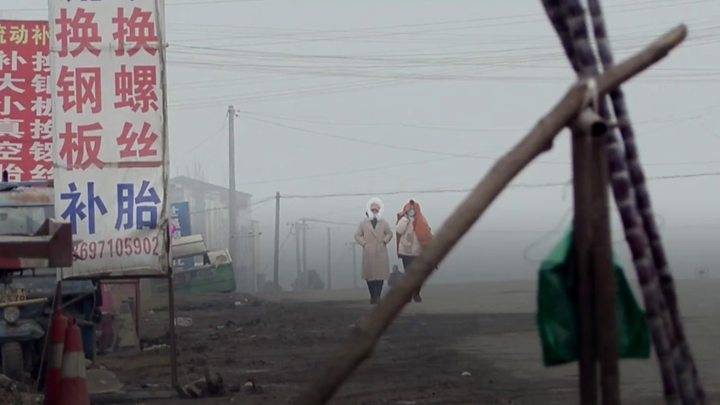BEIJING - The number of people killed in China by the new coronavirus has risen to 81, with almost 3,000 confirmed ill. The national new year holiday has been extended by three days to Sunday, in an attempt to contain the spread.
The number of deaths in Hubei rose from 56 to 76, with five deaths elsewhere. Wuhan is in lockdown and several other cities have imposed travel bans. At least 44 cases have been confirmed abroad, including in Thailand, the United States, and Australia.
The BBC’s Robin Brant in Shanghai says extending the main holiday of the year is a highly unusual move. But after the pre-new year travel surge, the prospect of half a billion people getting back on trains, planes and buses and criss-crossing the country again is the last thing the government wants, he adds. On Monday, Chinese Premier Li Keqiang visited Wuhan, the capital of Hubei province and centre of the outbreak.
Experts suspect many more people are infected, but actual figures are hard to ascertain due to a number of factors like some people being asymptomatic.
Prof Neil Ferguson, a public health expert at Imperial College, London, told the UK’s Guardian newspaper his “best guess” put the number at 100,000 infected, while figures put together by the Li Ka Shing Faculty of Medicine of the University of Hong Kong suggest the number was closer to 43,000.
How do you quarantine a city - and does it work?
However, the University of Hong Kong research also suggested that - without public health intervention - tens of thousands more could be infected every day when the outbreak reaches its height. As a result of their projections, Gabriel Leung, the dean of the faculty of Medicine, was advising “substantial, draconian measures” to limit population mobility. The coronavirus causes severe acute respiratory infection and there is no specific cure or vaccine. Most of the deaths have been of elderly people or those with pre-existing respiratory problems.
What is happening in Wuhan?
Travel from the city, home to 11 million people, has been severely restricted and non-essential vehicles have been banned from the roads.
At the Hubei border, workers are checking people’s temperatures before allowing them into the province. The local government in Wuhan said no-one from the city had left China in the past four days. Some 4,096 tourists from Wuhan are still out of the country, while five million new year travellers left the city before the lockdown.
More than half a million medical staff have joined the province’s prevention, control and treatment operations, while two makeshift hospitals are being built.
What is the situation in China?
New year celebrations were scaled back and four major cities - Beijing, Shanghai, Xian and Tianjin - have banned long-distance buses.
Schools and official institutions will remain closed for the rest of this week. Beijing has closed the Forbidden City for tourists, as well as a section of the Great Wall. Both Disney parks in Hong Kong and Shanghai have closed.
In Guangdong province, several cities have made face masks mandatory in public. Hong Kong, which has eight confirmed cases, has declared a city-wide emergency, with schools closed until 17 February. Mongolia - which has yet to record a case of the virus - has closed its border with China. It has also closed schools until 2 March, and banned public events.






